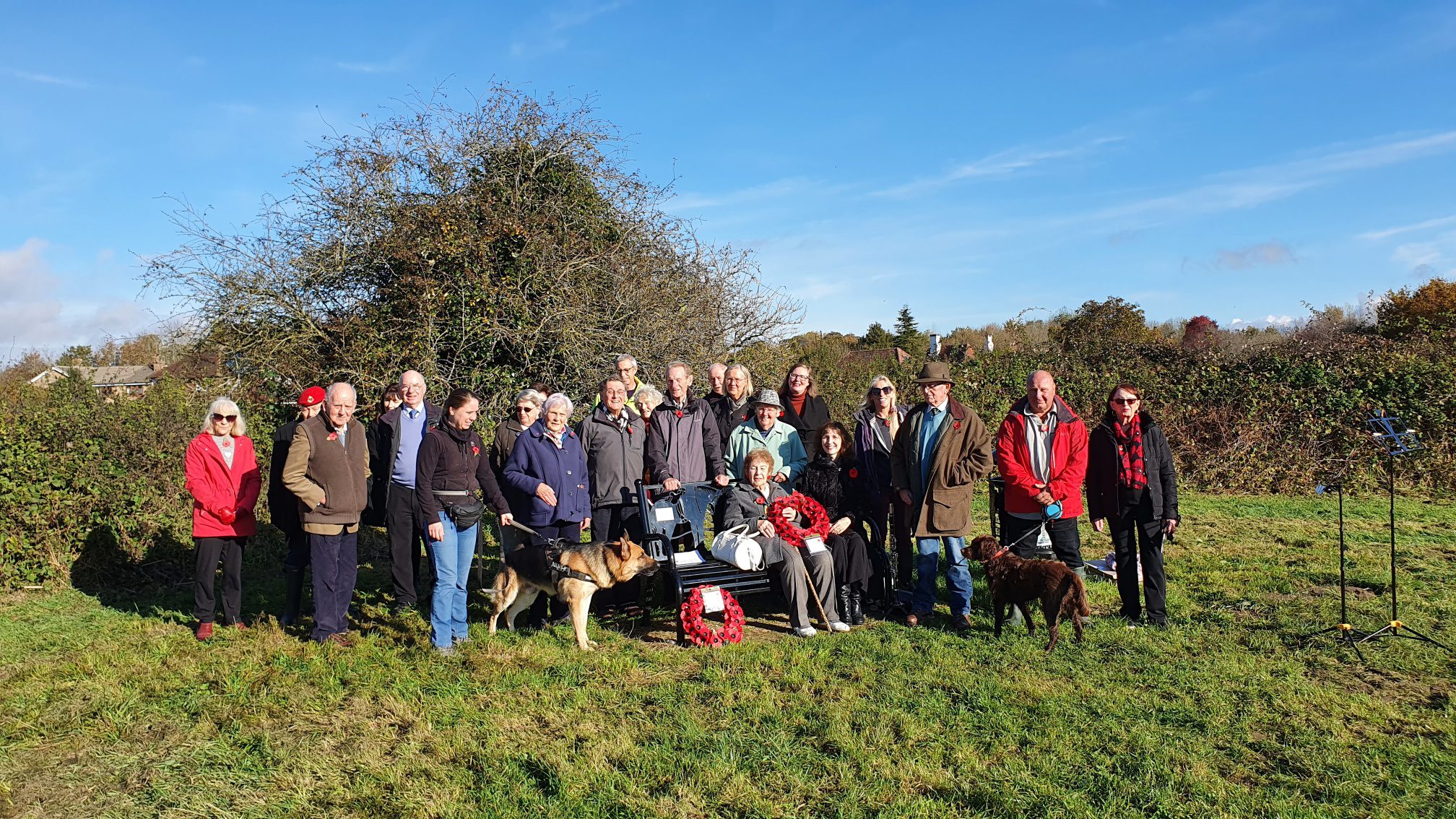Becoming a Parish Councillor
The next elections will be held in May 2027
Do you have the time, energy, skills, enthusiasm and long term commitment to be a Parish Councillor?
Councillor application pack – July 2025 including application form
Eligibility criteria
You must be at least 18 years old on the day of your nomination – AND –
Be a British citizen, an eligible Commonwealth citizen or European Union citizen – AND –
Meet at least ONE of the following FOUR qualifications:
A local government elector for the parish in which you wish to stand from the day of your nomination
You are an owner or tenant of land or premises in the parish for 12 months before the day of your nomination and the day of election
Your main or only place of work during these 12 months prior to the day of your nomination and the day of election has been in the parish
You have lived in the parish or within three miles of it during the whole of the 12 months before the day of your nomination and the day of election.
The Nolan Principles – The Seven Principles of Public Life
What is a parish or town council?
There are around 10,000 parish and town councils representing around 16 million people across England. They form the most local level of government and cover many rural and urban areas.
What’s the difference between a parish council and a town council?
They both have the same powers and can provide the same services. The only difference is that a town council has decided that it should be known as a town council instead of a parish council, and has a mayor.
What services can it provide?
A parish or town council has an overall responsibility for the well-being of its local community. Its work falls into three main categories:
- representing the local community
- delivering services to meet local needs
- striving to improve quality of life in the parish
A Parish Council might provide and/or maintain some of the following services:
|
|
It can also work with the Borough Council and County Council to provide other services, for example:
|
|
How does it make decisions?
The Parish Council is made up of a number of councillors who meet regularly to make decisions on the work and direction of the council. The Council is a corporate body with a legal existence of its own quite separate to that of its members. Its decisions are the responsibility of the whole body.
Attending a council meeting is the best way to find out what the Council does. Members of the public are welcome to attend all meetings of the Council and may address the Council about any matter of concern during the first ten minutes of the meeting.
Where does the council get its money from?
Each year a sum of money called the ‘precept’ is collected through your council tax. This money is used by the parish council to improve facilities, provide services for local people and to cover the costs of running the Council. Parish councils can also apply for grants and loans.
How are parish or town councillors elected?
Most parish elections are held on a four yearly cycle, with elections in 2027, 2031 and so on. In a warded parish, an election is held in each ward, the same way elections are held in district wards and in county electoral divisions.
Worplesdon Parish Council is a warded parish. Sixteen councillors represent the parish. They are elected by people who live in the area providing a contested election is held e.g. if sixteen people seek election, there will be an “uncontested” election, which means that there will be no poll and the candidates will be automatically “elected”. If more people seek election than seats available there will be a “contested” election and a poll will take place.
Ideally, parish councils hope to have more candidates than available seats. In reality many parish councils have insufficient candidates standing at election. This means that the remaining seats have to be filled by “co-option”, or in other words the Council can choose to appoint a new member of the council rather than the electorate choosing who it elects.
What do parish or town councillors do?
Councillors have three main areas of work:
- Decision-making: through attending meetings and committees with other elected members, councillors decide which activities to support, where money should be spent, what services should be delivered and what policies should be implemented;
- Monitoring: councillors make sure that their decisions lead to efficient and effective services by keeping an eye on how well things are working;
- Getting involved locally: as local representatives, councillors have responsibilities towards their parishioners and local organisations. This often depends on what the councillor wants to achieve and how much time is available.
The day-to-day work of a councillor may include:
- going to meetings of local organisations
- going to meetings of bodies that affect the wider community, such as the police, the Highways Authority, schools and colleges
- bringing parishioners concerns to the attention of the council
Could I be a parish councillor?
As a councillor you can become a voice for your community and affect real change. It helps if you’re a “people person” who enjoys talking to other residents but, more importantly, you need to have the concerns and best interests of the parish as a whole at heart. Councillors are community leaders and should represent the aspirations of the public that they serve.
Parish Councils are the most local part of our democratic system and are closest to the public. Why don’t you stand for your local parish council and see what difference you can make to your local community?
How much time does it take up & when?
On average, five hours a week. Obviously there are some councillors who spend more time than this and some less, but in the main, being a parish councillor is an enjoyable way of contributing to your community and helping to make it a better place in which to live and work. Council meetings are always held in the evening – as are most meetings of the other groups which councillors attend on the Council’s behalf.
Talking and listening to your fellow parishioners can be done at any time but you must be able to spend a couple of hours once a month on a Thursday evening attending the Council meeting. Please refer to our schedule of meetings
What qualifications do I need?
You have to be:
- a British citizen, or a citizen of the Commonwealth or the European Union, and
- 18 years or older on the day you become nominated for election, and
- live or work in or near the parish.
You cannot stand for election if you:
- are the subject of a bankruptcy restriction order or interim order
- have, within five years before the day of the election, been convicted in the United Kingdom of any offence and have had a prison sentence (whether suspended or not) for a period of over three months without the option of a fine.
There are also some other disqualifications relating to candidacy, but they are too complex to outline here.



